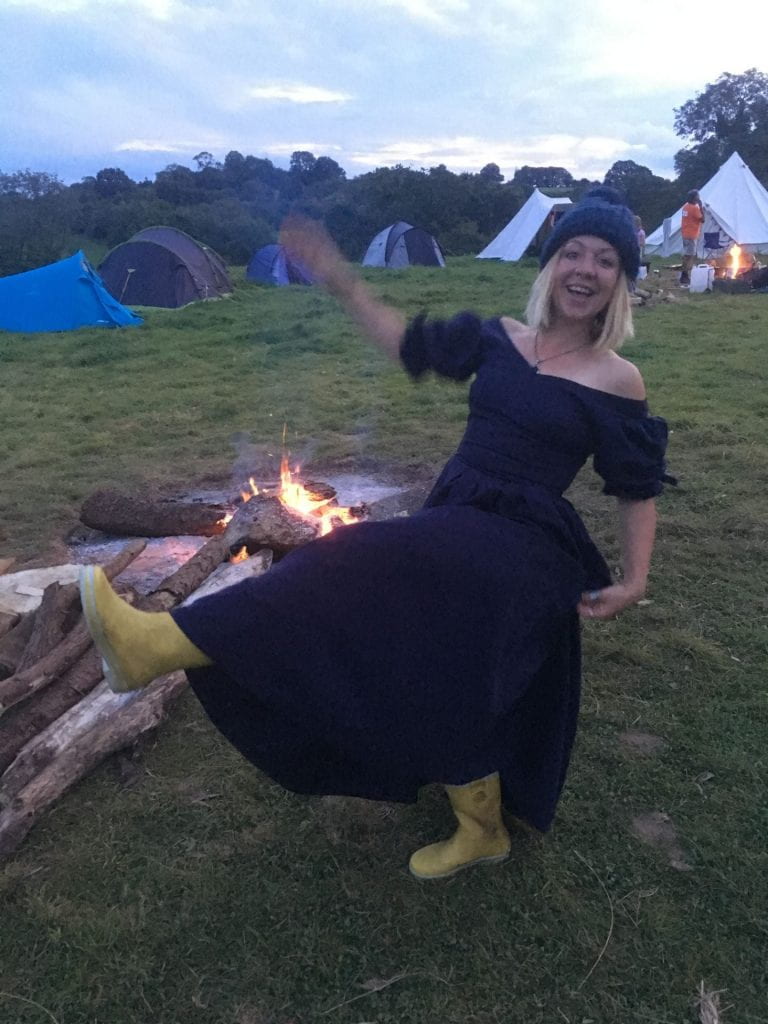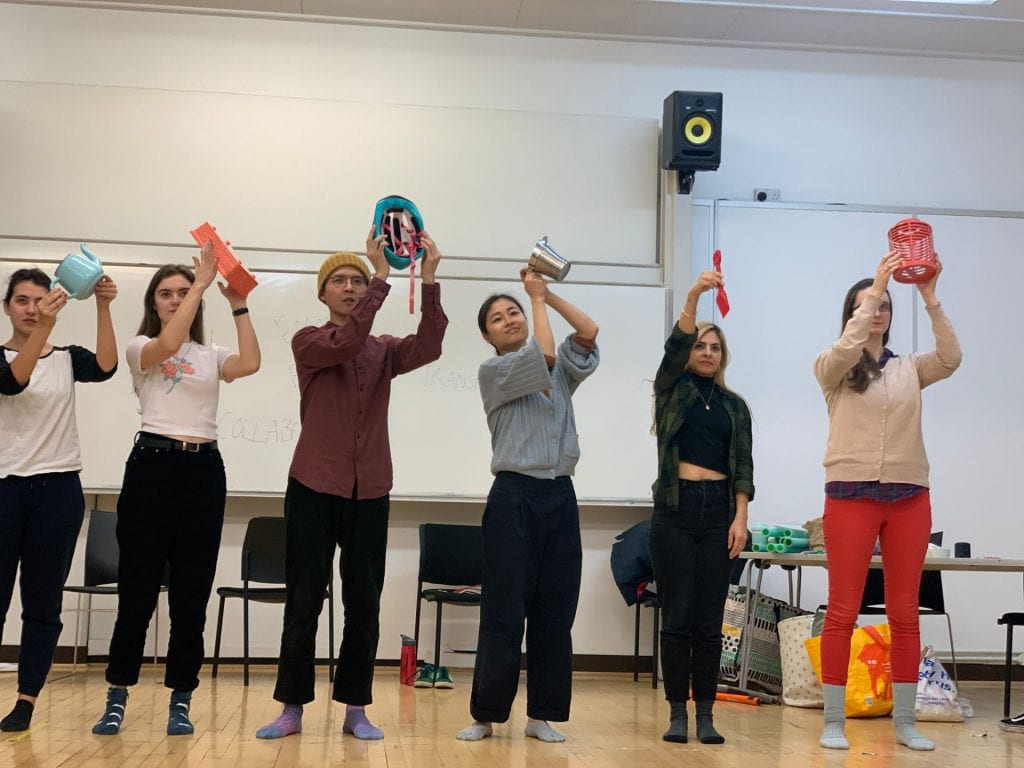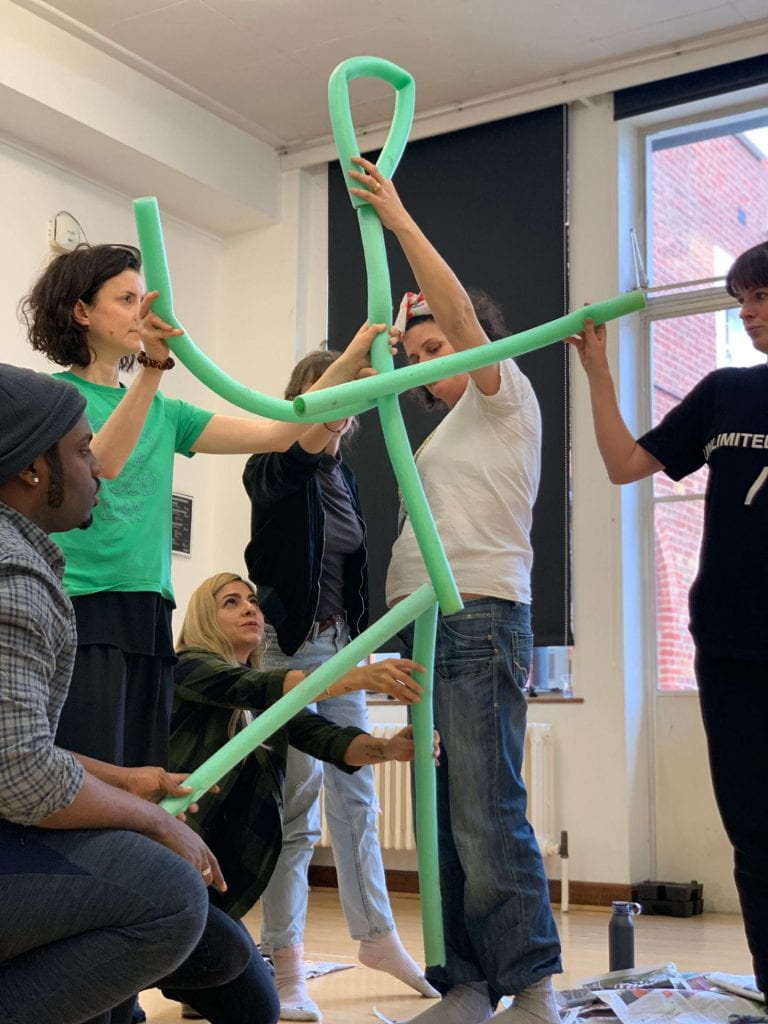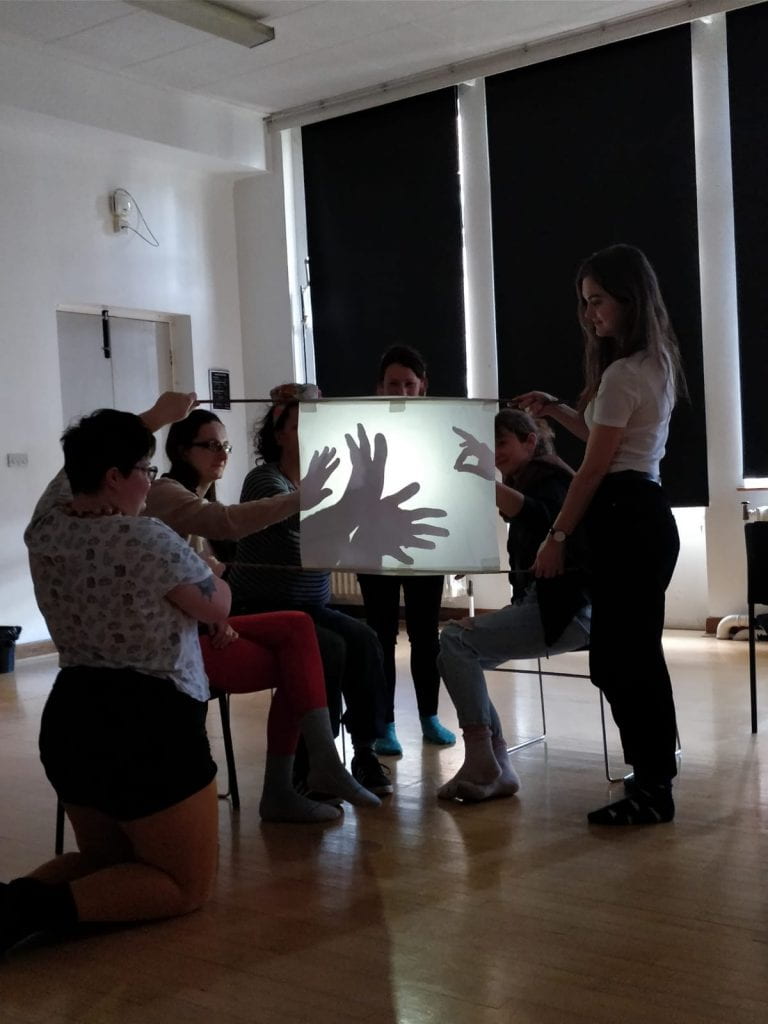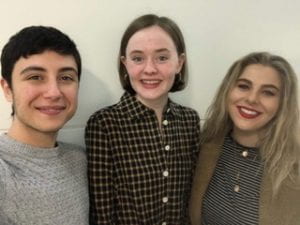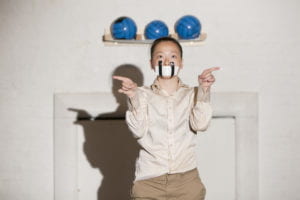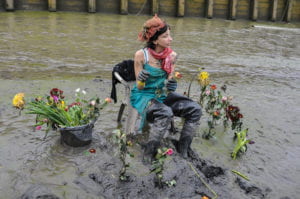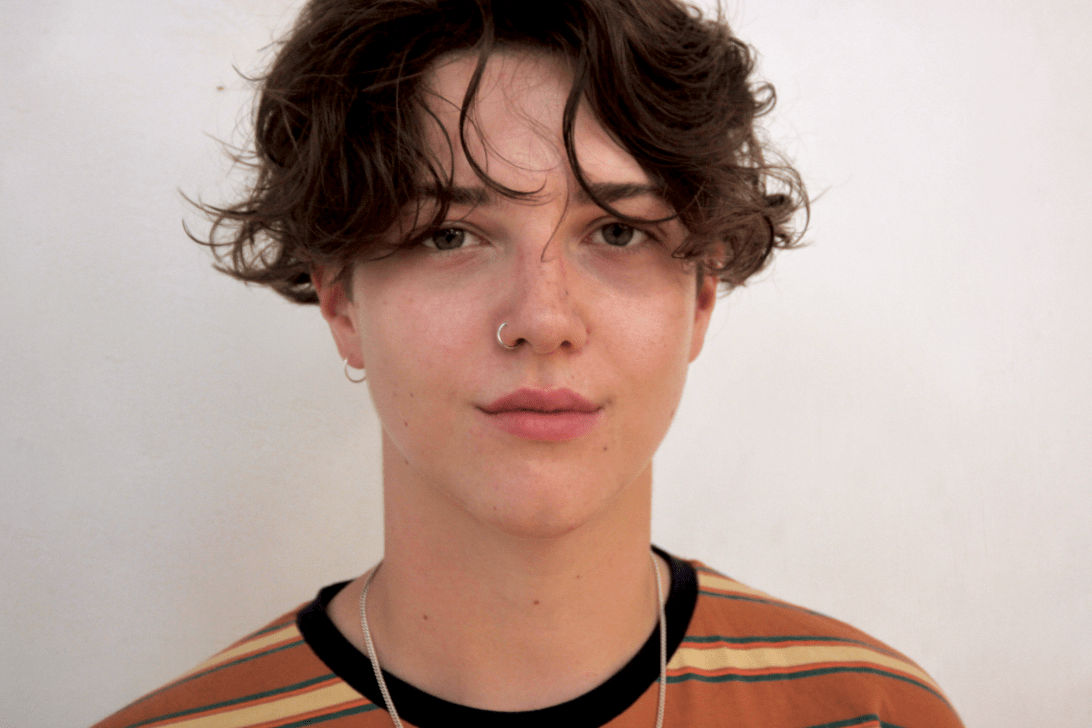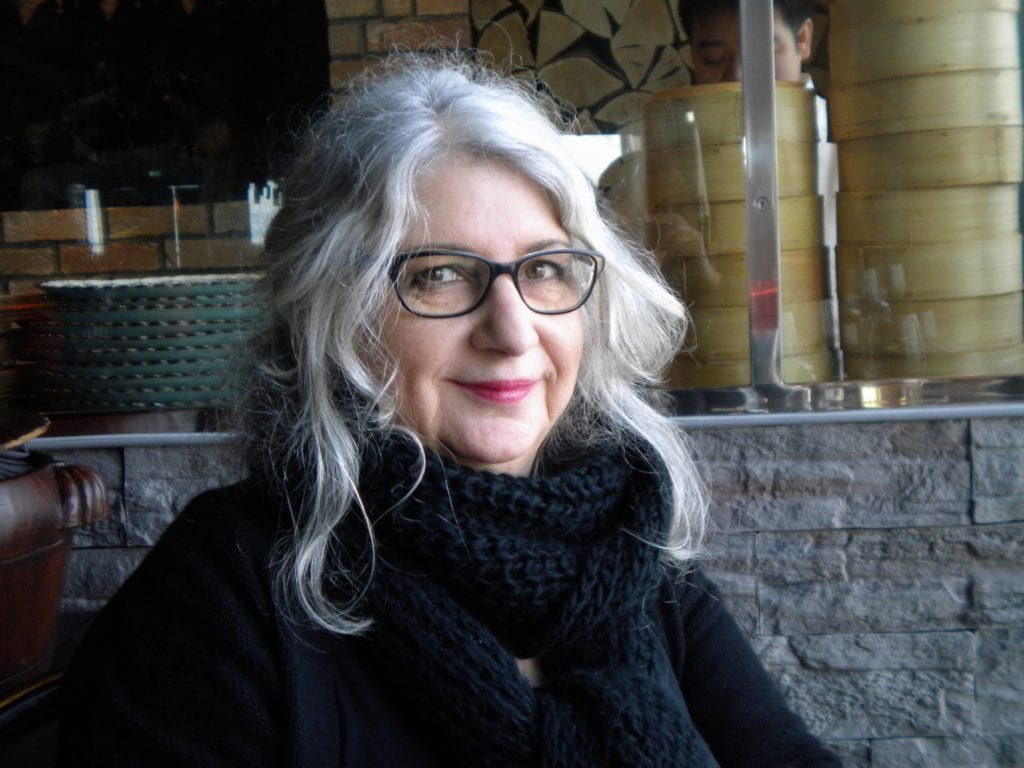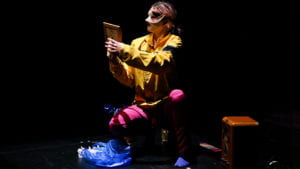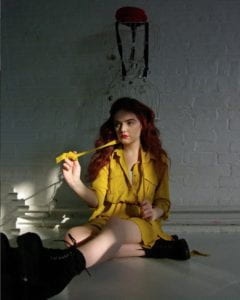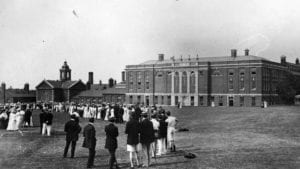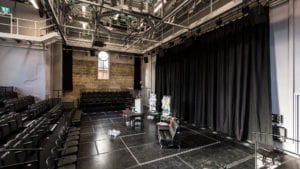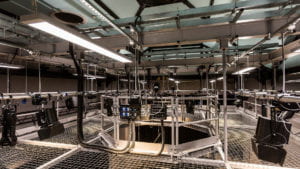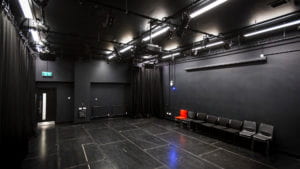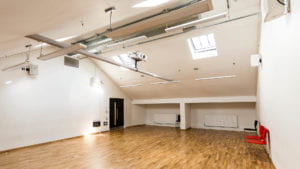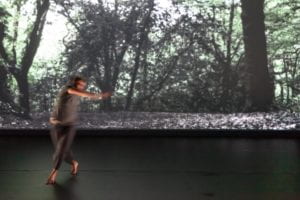We are delighted to announce the winner of the 2019 Brian Roberts Award: MA Applied Theatre student Holly Wallis!
The Brian Roberts Award is given in recognition of excellence in the analysis of practice, awarded to a student studying on the MA in Applied Theatre: Drama in Educational, Social and Community Settings. Brian Roberts was a much-loved lecturer in the Theatre & Performance Department at Goldsmiths, and this award, of £500 is given in his memory, by his family, to whom we are very grateful.
Some words from Holly:
“I am delighted to receive the Brian Roberts Award for a piece of work I presented in 2019, during the first year of my MA in Applied Theatre. Following my placement on London Bubble’s Charting the Mayflower project, a community play exploring the history of the Mayflower’s voyage in 1620. A group of ‘Saints and Strangers’ sailed to their now memorialised place as founders of the United States of America. In my presentation, I explored the impact of stories, narrative and the production of knowledge on how we interpret and live in the world, in the societies that have been written around us.
The Mayflower sailed 400 years ago, and is broadly marked as the start of a colonising process that would turn London into a global metropolis. At the time of its departure, English was barely spoken in the whole of England. And here we stand, 400 years later, suspended in a liminal life, whereby one of the many many effects of a globalised world has been the rapid spread of a virus that has ground us all to a halt. I can’t help but wonder how narratives on the coronavirus are going to be written, told and retold for political and social purpose. Who will emerge as the winners? How will lessons be learnt, or systematically erased? Which character will your Granddaughter play, when they partake in theatre project aimed at exploring the 2020 pandemic that froze the world?
I’d like to thank Brian Robert’s family for this wonderful award. My first year on the Applied Theatre course at Goldsmiths was truly the funnest, most creative, explorative and inspiring time from which I have made some beautiful personal and professional friendships.”
Congratulations to Holly, who is now completing the 2nd year of her MA, and working, remotely, at Jackson’s Lane Arts Centre.
